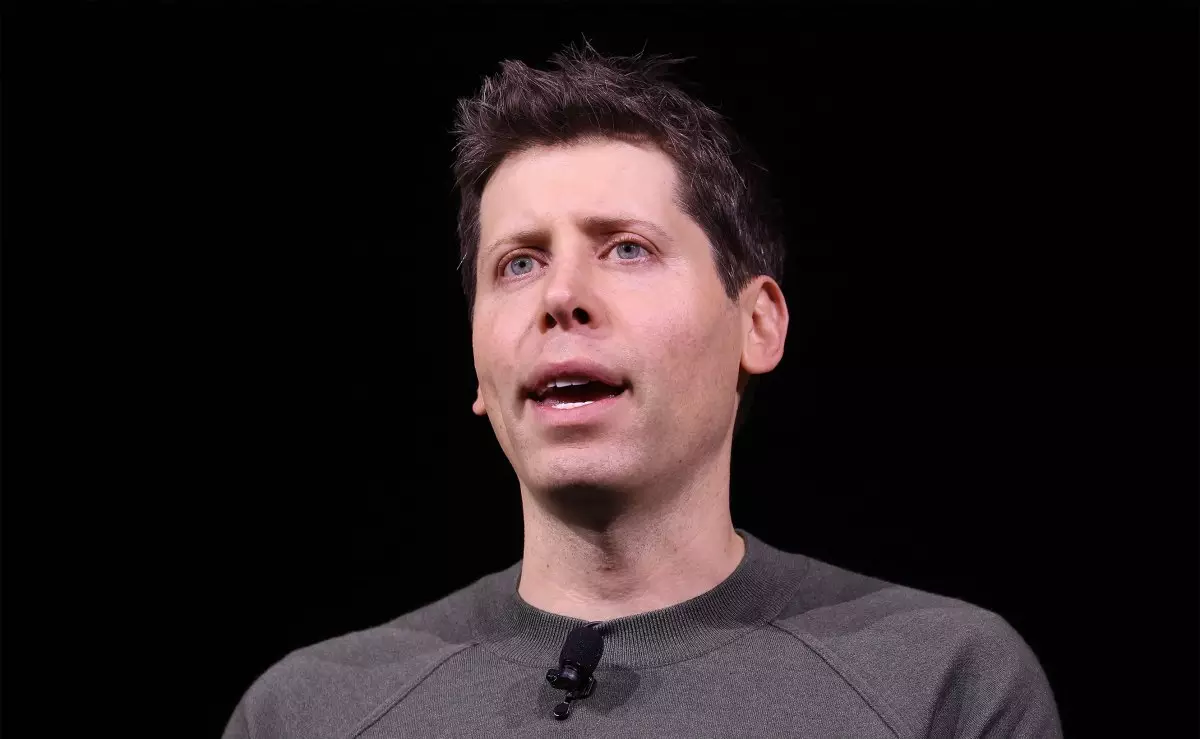OpenAI has taken a significant step in its governance model with the recent resignation of CEO Sam Altman from the Safety and Security Committee, a body established to manage and oversee critical safety protocols related to the company’s evolving AI technologies. This shift not only reflects ongoing internal changes but also illuminates broader concerns regarding AI safety and corporate accountability. The decision to revamp the committee into an independent oversight board signifies a potential pivot in OpenAI’s approach to safety amid rising external scrutiny and internal dissent.
Composition of the New Oversight Board
The newly formed oversight group will be chaired by Zico Kolter, a respected professor at Carnegie Mellon University, and will include notable figures such as Quora CEO Adam D’Angelo, retired Army General Paul Nakasone, and former Sony executive Nicole Seligman. All these members are ingrained within OpenAI’s board structure, suggesting a continuity of philosophy even as the governance framework changes. While the new board structure promises independence, the question remains: Can it truly operate autonomously from the commercial pressures that characterize OpenAI?
Challenges in AI Governance and Regulation
Altman’s exit comes amidst increased scrutiny from U.S. lawmakers. Five senators recently voiced their concerns over OpenAI’s policies, highlighting a growing unease about the implications of unchecked AI development. This is compounded by reports indicating that a significant portion of OpenAI’s staff, particularly those focused on the long-term risks of AI technology, have departed the company. Former team members have accused Altman of resisting substantial regulations that could impede OpenAI’s expansive aims. This tension between technological advancement and regulatory frameworks raises critical questions about the sustainability of self-governance in AI development.
Financial Considerations and Lobbying Trends
One notable aspect of this transformation is OpenAI’s increasing allocation towards federal lobbying efforts. In a stark comparison, the budget for the first half of 2024 amounts to $800,000, significantly overshadowing last year’s total of $260,000. This surge in spending may suggest a strategic move to align governmental perspectives with OpenAI’s operational ethos. Critics argue that such financial maneuvering emphasizes the need for rigorous oversight, especially as the boundaries of AI capabilities are pushed further with each development cycle.
The transition to an independent oversight board is certainly a step that reflects awareness of the issues raised by critics. However, the essential premise of this body rests on its willingness and ability to challenge the prevailing corporate mindset. OpenAI’s previous claims that the Safety and Security Committee would engage constructively with internal criticisms appear somewhat diminished without Altman’s involvement. This brings to light the pressing issue: how effectively can an independent committee ensure accountability in the face of profit-driven motives?
Former board members like Helen Toner and Tasha McCauley have expressed skepticism regarding OpenAI’s capacity for self-regulation. They assert that the influences of profit can undermine the integrity of self-governance mechanisms. Their claims underline a crucial sentiment within the tech community—can a profit-oriented entity genuinely prioritize ethical considerations, especially when such priorities may conflict with financial growth?
As OpenAI embarks on this new chapter, the stakes are higher than ever. With Altman’s departure from the Safety and Security Committee and the establishment of an independent oversight board, questions around integrity, accountability, and the broader implications of AI technology remain at the forefront. OpenAI is reportedly in the process of securing over $6.5 billion in funding, aiming for a valuation exceeding $150 billion. This ambitious goal further complicates the landscape. In this environment, the effectiveness of the new oversight board will be critical. Will it rise to the challenge of ensuring safety and ethics in a rapidly advancing technological world, or will it succumb to the pressures of profit and innovation? Only time will tell if OpenAI can navigate these waters with both ambition and responsibility.

